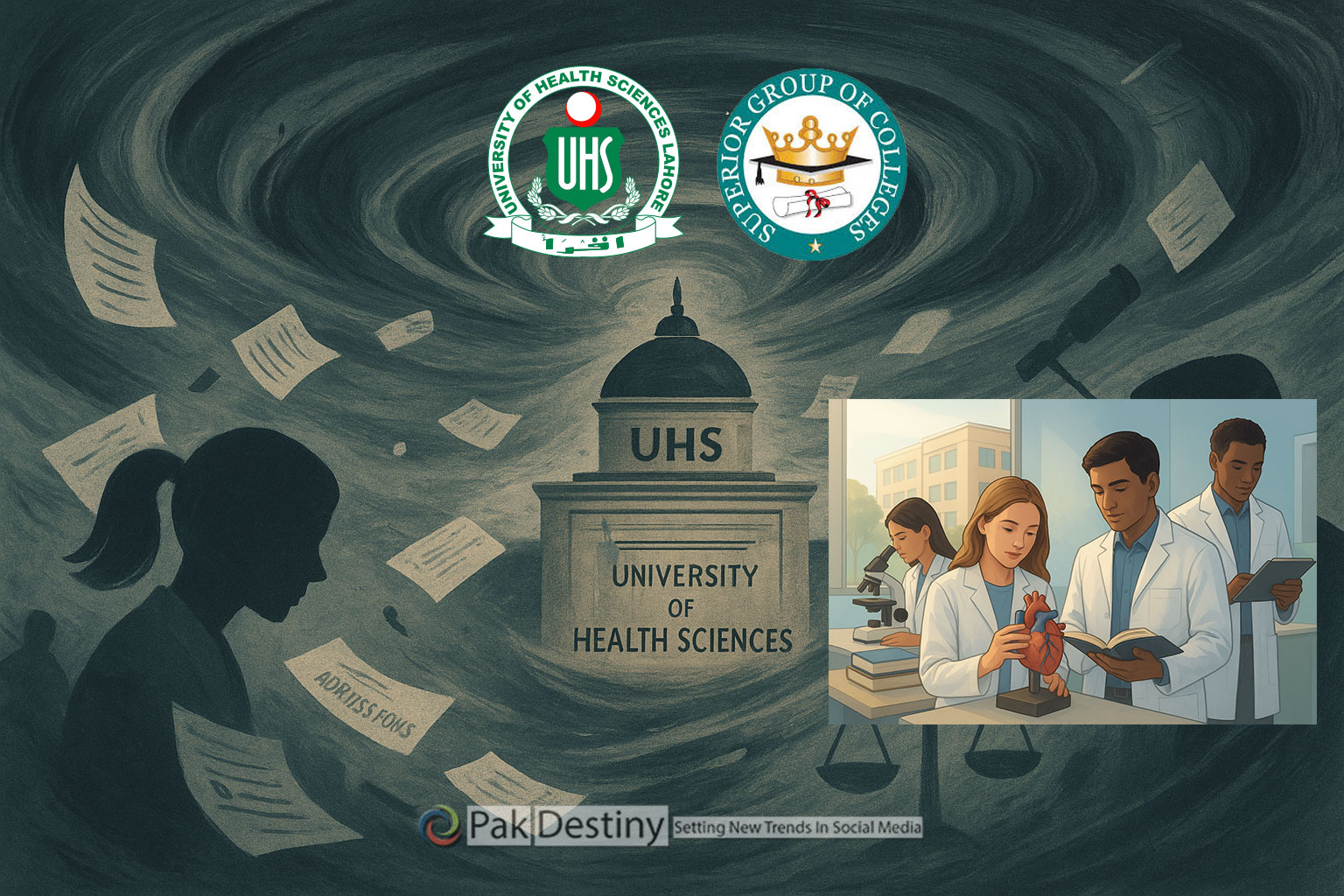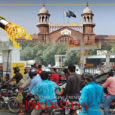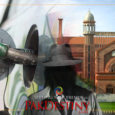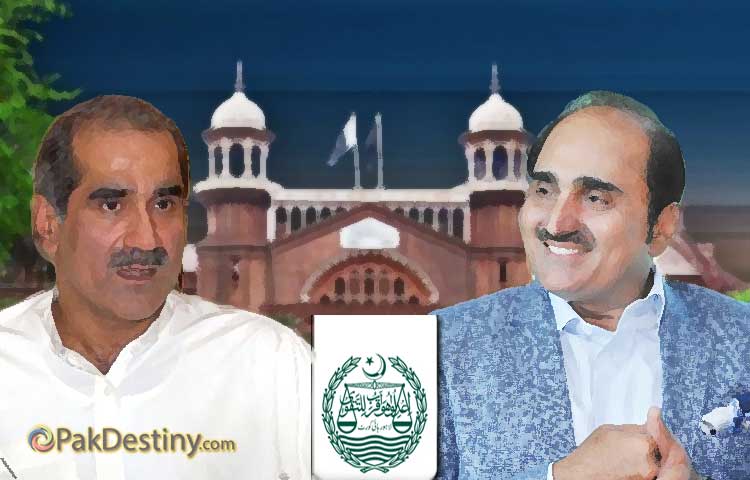By Zulqernain

Behind the courtroom fights and heated press coverage over centralised medical college admissions for last two years is a simpler story — a clash between a province trying to enforce one set of rules and a handful of private institutions that want to keep doing things their own way.
The result has been chaos for students, legal battles, and a media war that has zeroed in on the University of Health Sciences (UHS), Lahore, the officially declared’admitting university’ for both public and private sector medical and dental colleges in Punjab.
The centralized admissions are real, and they matter
The Punjab government named UHS the admitting university and set a single, provincewide admission process for MBBS and BDS seats after promulgation of Pakistan Medical and Dental Council (PM&DC) Act 2022.
UHS then ran online applications and produced college-wise selection lists for the session 2023-24, a system meant to curb back-door admissions and protect merit. The records show 10,397 applications for 4,000 private MBBS seats and 1,025 BDS seats in one round alone.
When two colleges tied to Superior University Lahore refused to accept students placed through that central list, UHS had to reassign those 200 students elsewhere, upsetting many more and forcing an emergency intervention by provincial admission committees.
The university’s files say that action left 400 candidates disadvantaged, some denied upgradation and some denied seats they had expected.
The two colleges, however, were brought under the scope of centralized admissions in the following session (2024-25), though reluctantly. But this year again, the Azra Naheed Medical and Dental Colleges have opened admissions themselves despite clear Admission Policy of Punjab government and PMDC notifications and public notices.
Affiliation law cuts one way — and it points at Superior:
Punjab’s UHS Ordinance 2002 gives the university the power to affiliate all medical, dental and allied institutions inside the province.
The long-running Lahore High Court case brought by UHS against the Superior group turned on that point.
The court judgment and the university’s subsequent legal papers make clear that Azra Naheed Medical and Dental Colleges — run under Superior’s umbrella — have long been treated as operating outside the UHS affiliation regime and that UHS has repeatedly warned about that legal gap.
The litigation record is extensive and unambiguous on the legal argument that colleges inside Punjab must affiliate with UHS unless the law says otherwise.
New fee regulations and official oversight add pressure
Recently, the PM&DC authorities moved to more tightly regulate private college fees through conditional fee regulations and a formal notification. Those measures, which aim to cap irregular fee practices and bring transparency, tighten the space where private managements had previously operated with more leeway.
The regulations clearly laid down that colleges can only apply for fee enhancement through their admitting university which is a real teeth for enforcement.
For private colleges that relied on direct student intake and their own fee contracts, the policy change is an existential squeeze.
What makes Superior University the flashpoint
Superior’s legal and administrative tussles with UHS are not new. The court record shows that UHS challenged a 2011 federal notification that had allowed Azra Naheed Medical College to function under Superior’s degree-awarding cover, and the Lahore High Court later set that federal notification aside, reinforcing UHS’s territorial jurisdiction. Those rulings still form the backbone of UHS’s position against Superior’s claim to run medical programs outside UHS affiliation.
At the same time, private colleges organized under the Pakistan Association of Medical and Dental Institutions, PAMI, have pushed back against centralized induction and UHS control.
The association’s written representation and public advertisementd calls for scrapping centralized admission and giving private colleges more autonomy on affiliation and fees. UHS’s reply papers rebut each legal point and lean on the Punjab government’s Admission Policy, PM&DC Act 2022 and court rulings that back central admissions and mandatory affiliation.
A media campaign (mainly by one group) , and who is behind it
The public fight has not stayed inside courtrooms. A sustained media campaign has attacked UHS leadership and sought to pressure officials over admissions and affiliation enforcement.
Records and public material show that Prof Dr Chaudhry Abdul Rehman — the founder and chairman of the Superior group and described on official pages as chair of the Nai Baat media network — is a visible public face in the wider dispute. His role includes leadership positions in private university networks and in media outlets that he helped found, including Daily Nai Baat and related TV projects. Public profiles, statements and media announcements link him to Nai Baat, Neo TV and Lahore Rang TV projects and show him active in media and broadcasting circles.
PAMI’s push and Superior’s posture, therefore, cannot be read only as a legal disagreement about process. Documents show a strategy that mixes legal filings, formal representations to government, and public campaigns through a particular media group where Superior-linked voices are prominent.
The PAMI submission itself flags the conflict of interest concern that a focal person in the association is also formally on Superior’s faculty roll.
What this means for students and the system
Taken together, the legal rulings, the tighter fee rules and the centralized admission policy were meant to protect students and common standards. But the documents show how uneven compliance and aggressive resistance by some private players have produced a messy outcome — students left in limbo; merit lists undermined by institution-level refusals; emergency seat reshuffles that punish some families; and a wider chilling effect as regulators and universities clash in public.
Why the public should care
Centralized admissions were introduced to stop malpractice and hidden seats. The official notes show the government and UHS acted on that logic.
Court files show Superior’s founders and management repeatedly pushing back, sometimes all the way to federal channels, and at other times seeking stays and interim relief. That legal strategy bought time but also kept the core legal question unsettled for years.
Meanwhile, new fee rules aim to protect students from sudden fee hikes and opaque payment demands. That makes sense for families, but it also kicks the business model of some colleges, and those institutions have reacted hard.
Punjab’s move to centralize admissions, to insist on UHS affiliation and to control fees is reshaping the private medical education business. For most students those changes are a win: clearer entry rules, fewer secret seats and more protection from arbitrary fees. For a few private players, those same changes cut into long-standing practices and revenues. Where politics, legal appeals and media power meet, public institutions like UHS get dragged into expensive fights.
The Superior group’s legal battle and the media pressure campaign around it are a case study of how private interest, institutional law and public policy collide — and of how students too often get caught in the middle.
Centralized admissions portal of UHS opened on 7th Nov with Azra Naheed Medical College and Dental College included but they have also opened their own portals. Check their website






